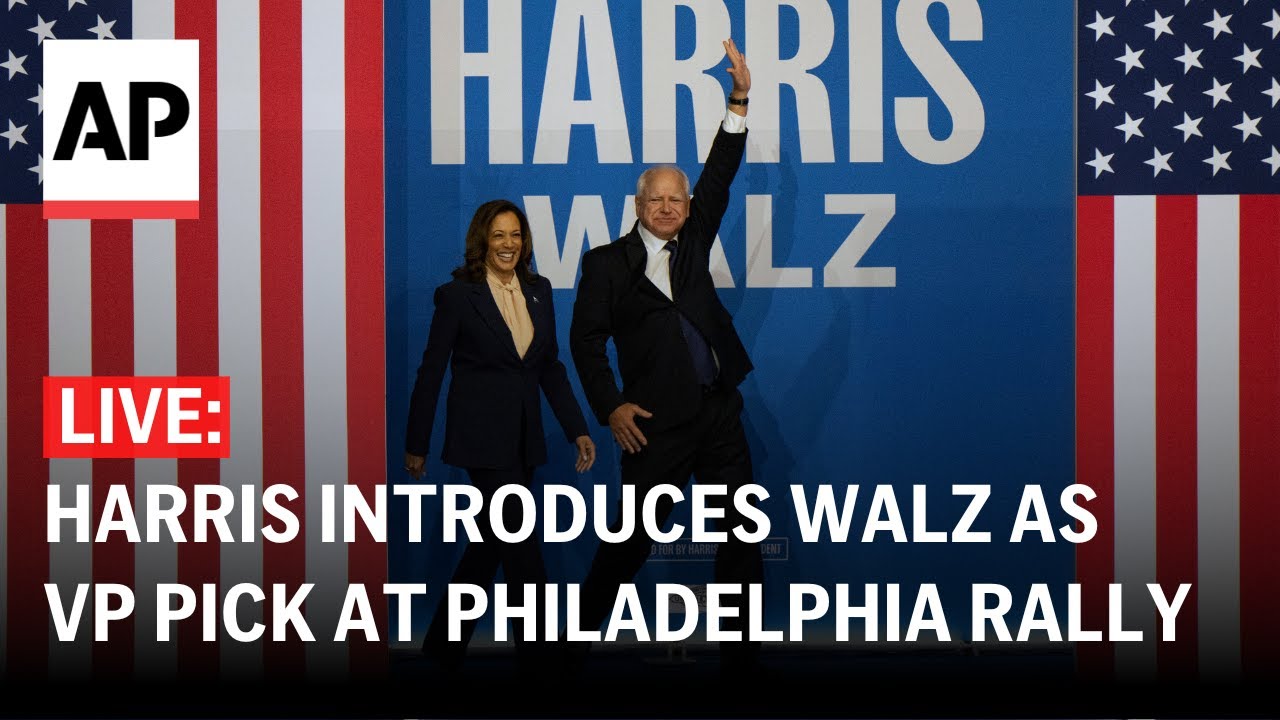

I think you and CrimeDad are kind of talking past each other.
Since they’re now showing signs of obedience to Trump in fear of being punished, important scholars are pointing out that it’s a huge problem with a long history in the collapse of democracies into autocracies.
I think this is simply the intrinsic interplay of the capitalist class and autocrats, though. They (millionaires, billionaires, etc) will, as a group, always protect themselves first when an autocrat comes along.
You are looking at the situation and saying, “Well, them kowtowing is clearly evidence that an autocrat has come along, because when it’s not an autocrat they don’t kowtow”, and CrimeDad is looking at it and saying, “Yes, but they’re just the indicator, they should never have been expected to try to stop this. They just intrinsically will align themselves with autocrats in order to maintain their positions of power, but despite that we’ve allowed them to take control of a core protection of our democracy (press freedom)”.
















I think it’s more that most ‘normies’ never actually thought we’d get here (this close to an open autocracy), and this is the clearest indicator to most of them that autocracy is rapidly arriving, and now they’re freaking out. Obv the capitalist class was always going to align with an autocrat rather than risk their wealth, and never should have been allowed to run newspapers, but here we are.